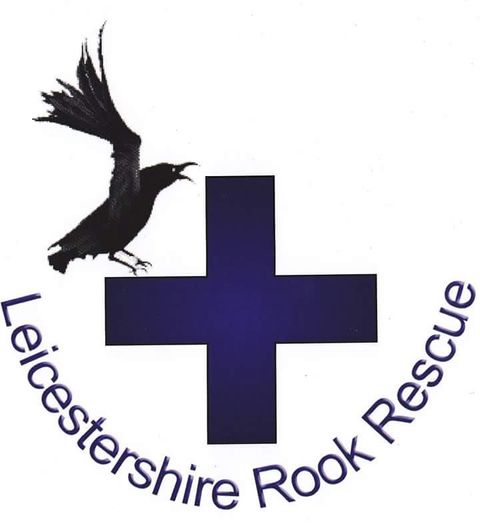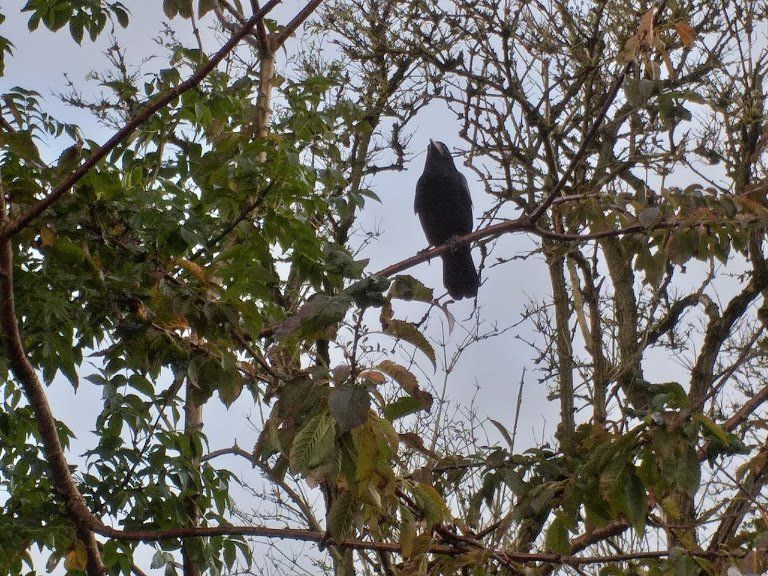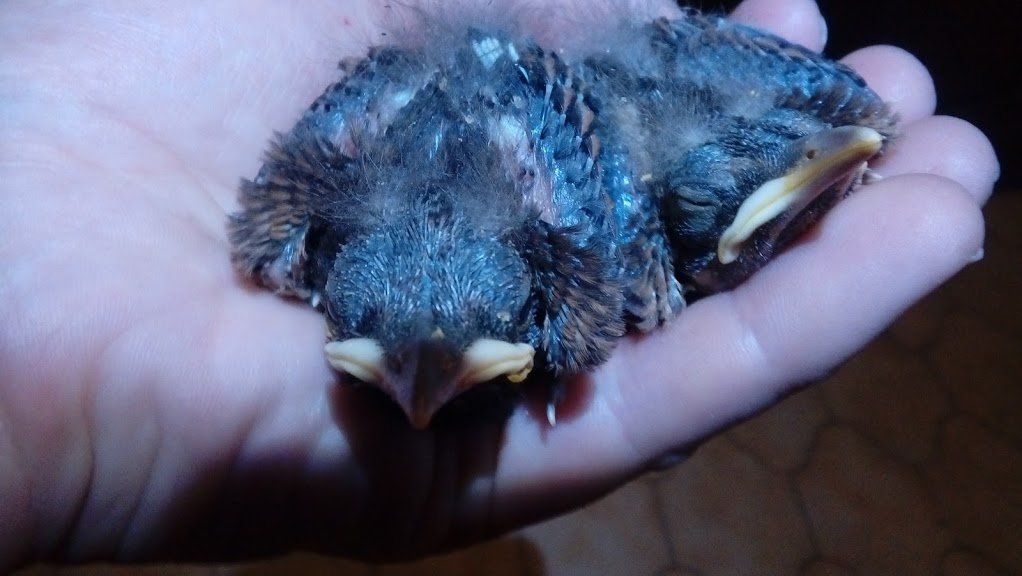Emergency Care Guide
Corvid’s do tend to leave the nest before they are ready and you really do need to make sure before rescuing a bird if it really is in need of a rescue – are the parents nearby – if so leave well alone but keep watch at a distance, it is also very common for the birds to fall from the trees but be unable to get up high enough to be out of danger – if you believe the bird is in danger you will need to pick them up and follow the steps outlined below.
It is important to note that in the event of finding and injured or orphaned young corvid that you give them the correct care in order for them to survive. The care outlined below is only for emergency use just so that you know what to do if you do rescue a bird in distress, the most important thing you can do in order for the bird to survive is to contact your nearest wildlife / corvid rescuer and they will be able to make the best choices for the bird and give the best care.
If you do find an injured / abandoned bird and they have been accessed to be in immediate danger place them in a warm dry box or cage lined with a towel or something soft with plenty of ventilation (Provide a hot water bottle wrapped up and placed to the side if the bird appears fluffed up /cold) – do not give them a water bowl as they could drown. At this point firstly try to contact a wildlife rescue centre, please check this site for a list of wildlife rescuers that may be close to your location https://helpwildlife.co.uk/rescues/
If the bird looks badly injured contact your local veterinary surgery, as they will be able to help the injured bird, quite often they will take the bird from you - Euthanasia may be the only option unless they are affiliated with a wildlife rescue.
Young corvids
Once you have taken advise from a rescue we would only then advise to attempt to feed a young corvid, this should only be done whilst you are waiting to take the bird to an experienced rescue for proper assessment and treatment (Corvids are very good at hiding ill health and it is important they are assessed correctly)
Young corvid’s ‘gape’ for their food they call loudly with their mouths open – an ample opportunity to place some food in the mouth at the back of the throat, this then needs to be done every hour at the minimum, for a novice cat meat can be used for a short period of time. Corvid's love it and its not that messy – use cat meat in jelly as the little cubes can be broken into small pieces. Its important to note hand feeding is time consuming and you have to be very patient – I would advise this be done by someone with relevant experience.
Corvid's do need more specialist care if they are to be looked after longer term before release, please note it is against the law to intentionally imprint a wild bird or animal it is also against the law to release an imprinted bird into the wild where it cannot look after itself.




